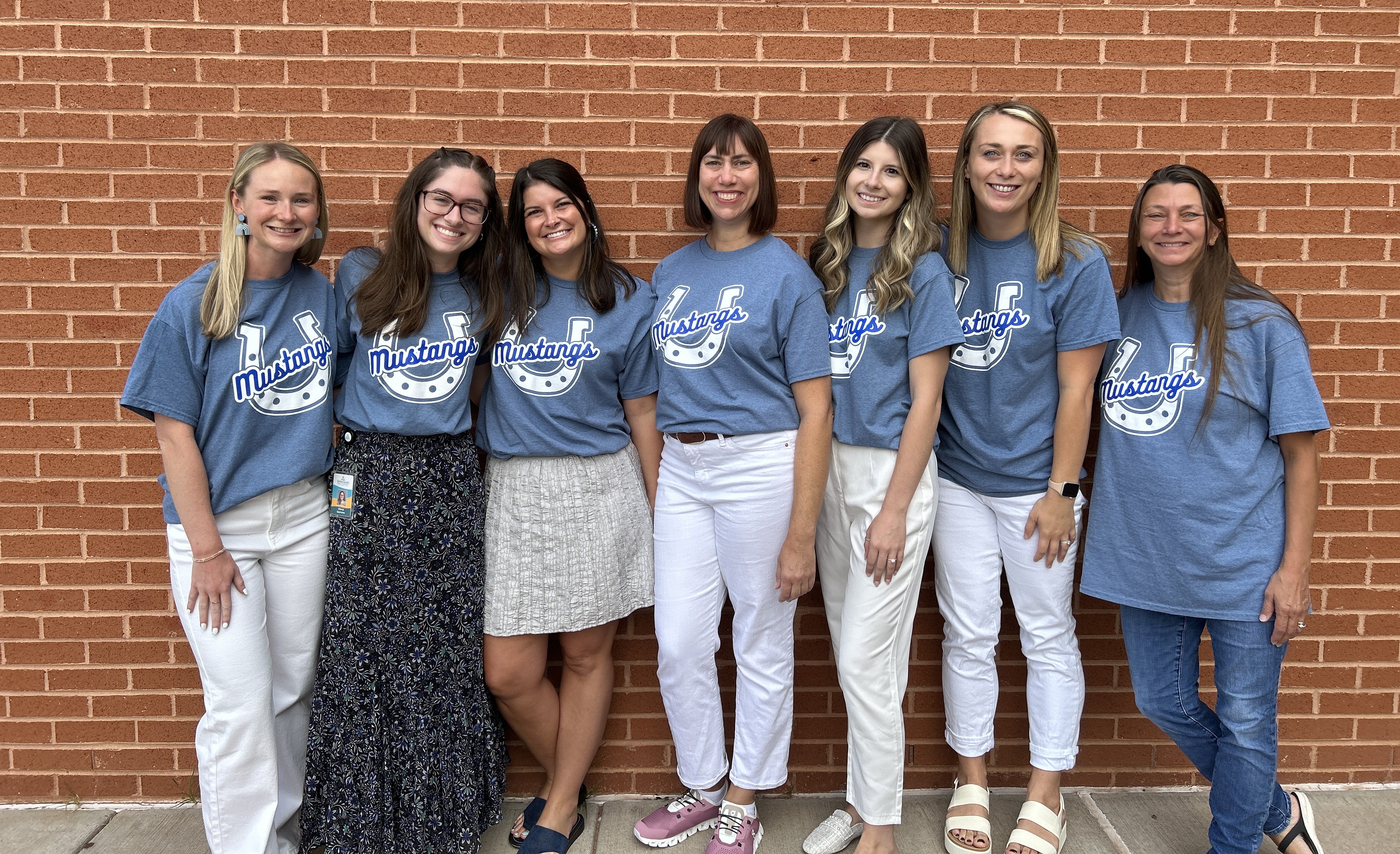Third Grade
The third grade Language Arts curriculum includes objectives that support students' development in the skills of reading, writing, and oral language. These skills are developed through direct instruction, modeling by teachers, and guided practice. Teachers plan a balance of learning experiences which build upon oral language and include phonemic awareness, phonics, and the use of fiction and nonfiction materials for reading practice.
In Mathematics, third grade students use a sense of number to read, write, order, and compare numbers through 9,999 and recognize numbers through 999,999; explore relationships between multiplication and division; develop strategies for remembering multiplication facts; estimate, add, and subtract three and four-digit whole numbers, one-digit decimal numbers, and complete simple multiplication problems; and find fractional parts of a group or region. They estimate and measure length, volume, capacity, and temperature; find equivalent money amounts, make change, and tell time; recognize line relationships and right angles, and identify characteristics of plane figures and solid shapes. Third graders collect, display and compare data and explore probability, number properties, factors, and multiples.
The third grade Science Program of Studies is a hands-on or experiential curriculum designed to provide students with a basic understanding of Earth and space, life, and physical science concepts. Students develop a solid base of science knowledge, apply learned knowledge to solve problems, communicate information, use experimental design, and make connections to science in our everyday world. The program materials include activity-centered units, science trade books, Windows on ScienceTM videodiscs, and specific websites correlated to each science unit.
Social Studies instruction incorporates the four strands of history, geography, civics, and economics. Students learn about the cultures of the ancient civilizations of Egypt, China, Greece, and Rome. The biographies of significant Americans are studied. Students also review concepts and facts previously learned in order to prepare for the SOL test.

Meet Our Team
- Grades 1-3 Teacher, ES
- Grades 1-3 Teacher, ES
- Grades 1-3 Teacher, ES
- Grades 1-3 Teacher, ES
- Gifted Education Center Teacher, ES
- Grades 1-3 Teacher, ES
- Learning Disabilities Teacher, ES

